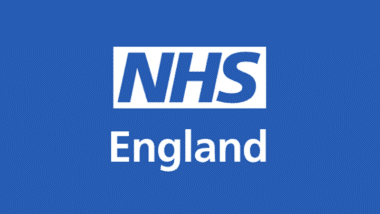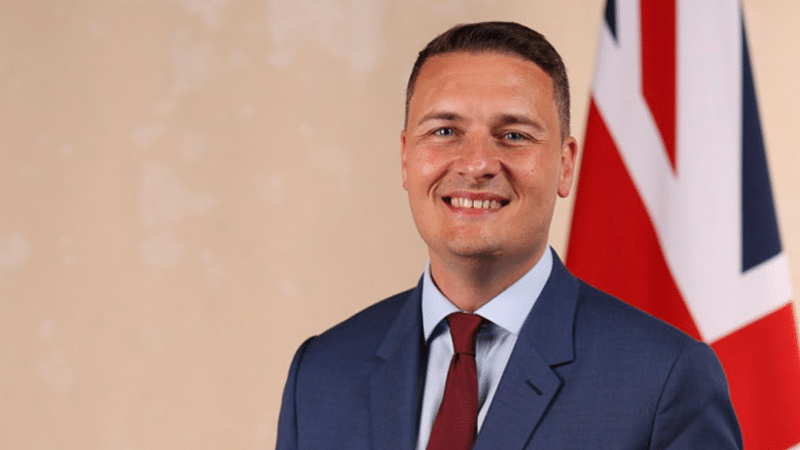Experimental puberty-blocking drugs should not be tested on vulnerable gender-confused children, the Health Secretary has been told.
In a letter to Wes Streeting, campaigners raised “significant practical and ethical” concerns about the proposed NHS puberty blocker study.
In April, Dr Cass, who led the independent review of gender identity services for children and young people, concluded that giving trans drugs to children is based on “remarkably weak evidence” and suggested the possibility of drug trials.
Inadequate timescale
Signatories to the letter, including Transgender Trend, clinical psychologist Dr Carole Sherwood, Genspect UK and James Esses of Just Therapy, called on Streeting to pause the research and address their concerns.
On a practical level, they said there is “limited information in the public domain about how the trial will be conducted”, and feared that the publication of the study protocol in December, and the start of recruitment in January, left “little time for affected parties to register potential objections”.
The letter also pointed out that the study “is at odds with the principles of the Cass Review, which emphasised the disservice done to gender distressed young people by excessive focus on risky medical interventions”, warning that “puberty blockers are associated with multiple adverse outcomes and unknowns”.
Read Genspect 🇬🇧’s full letter to @wesstreeting on the NHS puberty blocker study 👇
Thank you to fellow signatories, including @Transgendertrd @AllianceLGB @SaveMHUK @TherapyAntidote @ThoughtfulTs @JamesEsses pic.twitter.com/pFq0vaKg9c
— Genspect (@genspect) December 8, 2024
Poorly conceived
The signatories said that they did not believe children deemed eligible to take part in the study would be “capable of giving informed consent” and that consideration must be given to the “near 100% rate” of those who go onto cross-sex hormones after taking puberty blockers.
They continued: “Puberty blockers are known to cause declines in psychological functioning and declining mental health in some patients. It would therefore be unethical to provide puberty blocking treatment without concomitant psychosocial support.”
Commenting on the Cass Review findings, they noted that “it is not possible to distinguish whether treatment outcomes are attributable” to puberty blockers or psychological support and argued that the use of both interventions in the study would only result in “weak and ungeneralisable findings”.
The letter concluded by encouraging the Health Secretary to “pause” the study and engage in “open and constructive dialogue”.
Temporary ban
Puberty blockers are now banned for gender-confused children across the UK.
The emergency legislation protects under-18s from obtaining the drugs via private prescriptions from the UK or Europe.
It was set to expire on 26 November, but Healthcare Leader reports this has now been extended until 31 December.

NHS announces puberty blockers trial and service for detransitioners
NHS advises GPs to shun notorious trans-affirming clinic
Govt review debunks claims that puberty blockers ban fuels suicide

